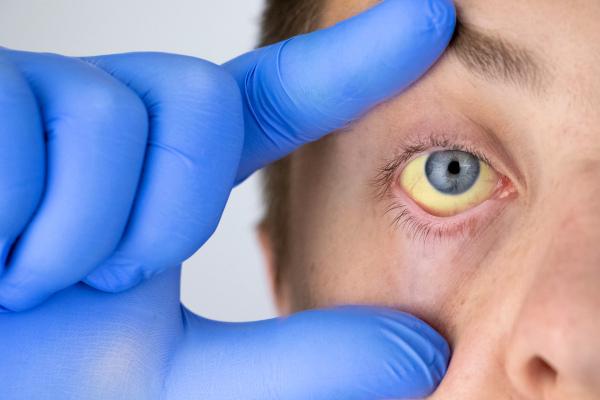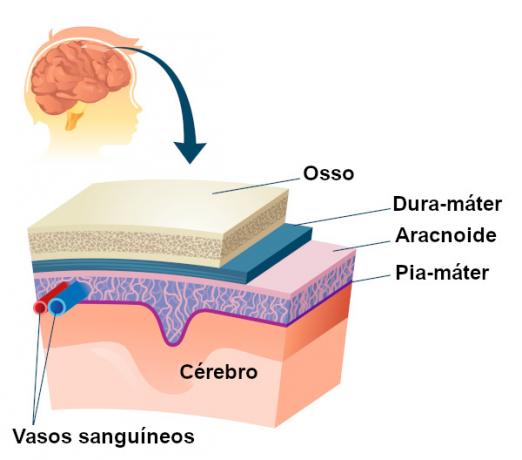THE Reye's syndrome was discovered in 1963 and is characterized by being a very serious and rare disease, which can occur at any stage of life, but which mainly affects children aged between 4 and 12 years. It is a non-contagious disease that affects all the organs of the human body, with the brain and liver being the most affected.
Reye's syndrome accompanies a viral disease or respiratory infection, and two viruses can cause this disease, the Chickenpox zoster, virus responsible for chickenpox; it's the Influenza, flu virus. “Not everyone who has contact with the virus develops it, it depends on the immune response of each organism”, explains pediatrician Fernando Fernandes, from São Paulo. It is a difficult disease to diagnose and is commonly confused with encephalitis, meningitis, diabetes, drug overdose, poisoning, sudden infant death syndrome or mental illness.
It is not known for sure how the evolution of this disease from these viruses occurs, but specialists believe that drugs that contain the active principle as
acetylsalicylic acid (ASA), present in aspirin, for example, can trigger this syndrome. "The relationship between the syndrome and the use of acetylsalicylic acid in children with viruses such as chickenpox (chickenpox) and influenza has been known since 1968”, explains pediatrician Evandro Rafael Baldacci, from Instituto da Criança, in São Paulo. Paul. Thus, it is extremely important not to medicate children without medical advice, especially with medications that contain acetylsalicylic in their composition.Dr. Adriano Reis from the Instituto da Criança, Hospital das Clínicas, Faculty of Medicine, USP, in São Paulo, explains that "The signs and symptoms of Reye's Syndrome almost always start abruptly, usually 5-7 days after the viral illness. begin, and the child feels nauseated, vomits constantly and changes in mental functions such as lethargy, indifference occur. or confusion. Eventually the child goes into delirium and begins to breathe quickly," says Reis. Usually, the symptoms of the disease appear when she is recovering from the infection, and its progress is very fast, which can lead the child to a coma and consequently to death.
Do not stop now... There's more after the advertising ;)
Some of the symptoms of the syndrome may or may not occur in some patients. Are they:
- Vomiting;
- Loss of heart;
- Somnolence;
- Irritability;
- Personality change;
- Disorientation (does not recognize close family members);
- Agitation;
- Delirium;
- Difficulty in speech;
- Dual vision;
- Seizures.
It is essential that the treatment of this syndrome is done as soon as the symptoms start, as the chances of recovery are greater when it is treated in the early stages; therefore, the time factor is extremely important.
There is still no treatment that guarantees the disease cure, so it is designed to reduce brain swelling (protecting it from irreversible damage), reverse metabolic damage, and prevent complications in the lungs. The treatment also works to keep the levels of chemicals in the blood stable until the symptoms of the syndrome disappear.
Some people may have full recovery from the syndrome, while others may be left with some serious neurological sequelae (such as permanent brain damage) and even fatal.
By Paula Louredo
Graduated in Biology
Would you like to reference this text in a school or academic work? Look:
MORAES, Paula Louredo. "Reye's Syndrome"; Brazil School. Available in: https://brasilescola.uol.com.br/doencas/sindrome-de-reye.htm. Accessed on June 27, 2021.



